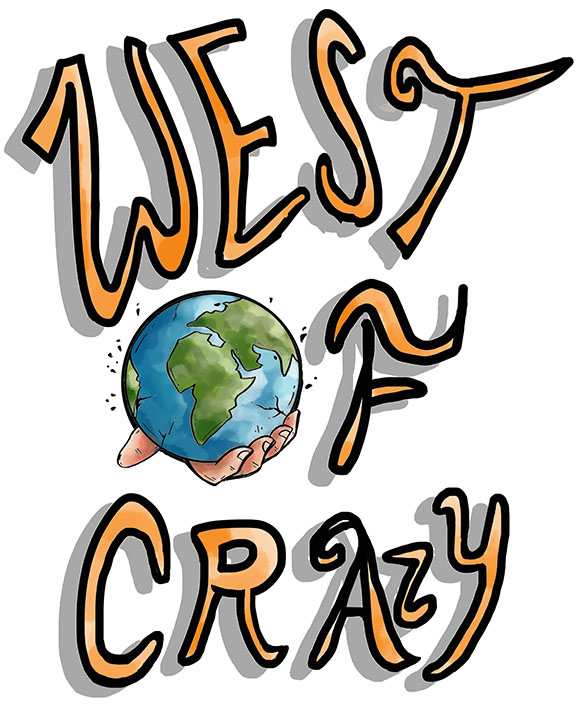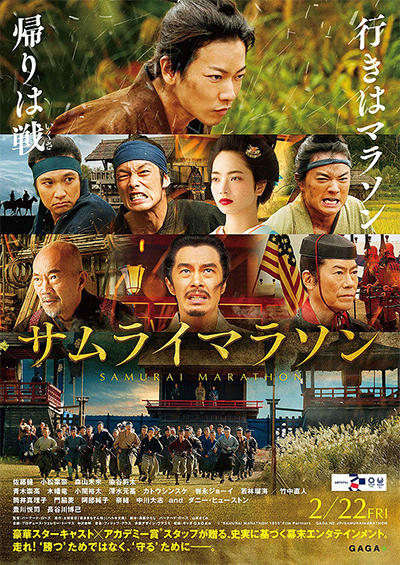Movie Trailer: In 1855, a daimyo sends his men on a grueling marathon to discover if they’re tough enough to face the newly arrived Americans. Misunderstanding his intent, the Shogun dispatches assassins. (IMDb)
Comments: There are literally hundreds, if not thousands of Samurai movies made. From the American perspective, when the genre Best Samurai Movie is introduced as a topic, I would imagine a majority of theorists would immediately argue for the brilliant movie, The Seven Samurai, written and directed by Akira Kurosawa. At least the classicalist would.
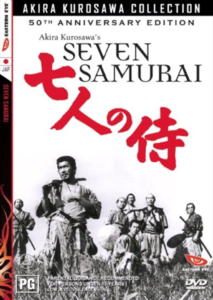
picture credit: heroic-cinema.com
For the modern movie-making era, perhaps some other theorists might offer, The Last Samurai, which included a strong cast of players – most notably Tom Cruise from the United States, as well as Ken Watanabe & Koyuki Kato from Japan.
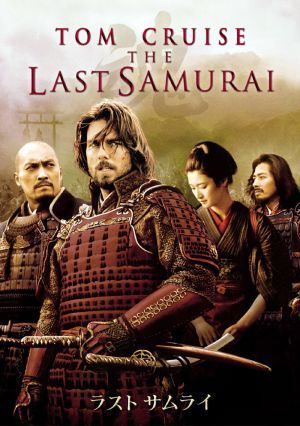
I don’t actually know how popular The Last Samurai was in America, or internationally. But even if it does not meet the high standards of the all-time great Samurai movies in ratings, it was still immensely entertaining to watch.
Strikingly, The Last Samurai has plot similarities with Samurai Marathon, in relating the storyline to actual historical events. Namely, the aggressive stance of American foreign policy at that time, which forced the Japanese into becoming trade partners when…
In 1852, (Commodore) Perry was assigned a mission by American President Millard Fillmore to force the opening of Japanese ports to American trade, through the use of gunboat policy if necessary1.
Fast forward 16 years from the making of The Last Samurai where Samurai Marathon is connecting the plot 1-2 years after the historical event of Commodore Perry’s naval armada sailing into the Port of Edo Bay in Japan, (essentially the beginning of the end for the Tokugawa or Edo period in Japan2).
To be continued…
References:
1: Wikipedia
2: Japan’s Tokugawa (or Edo) period, which lasted from 1603 to 1867, would be the final era of traditional Japanese government, culture and society before the Meiji Restoration of 1868 toppled the long-reigning Tokugawa shoguns and propelled the country into the modern era. Tokugawa Ieyasu’s dynasty of shoguns presided over 250 years of peace and prosperity in Japan, including the rise of a new merchant class and increasing urbanization. To guard against external influence, they also worked to close off Japanese society from Westernizing influences. (History.com)
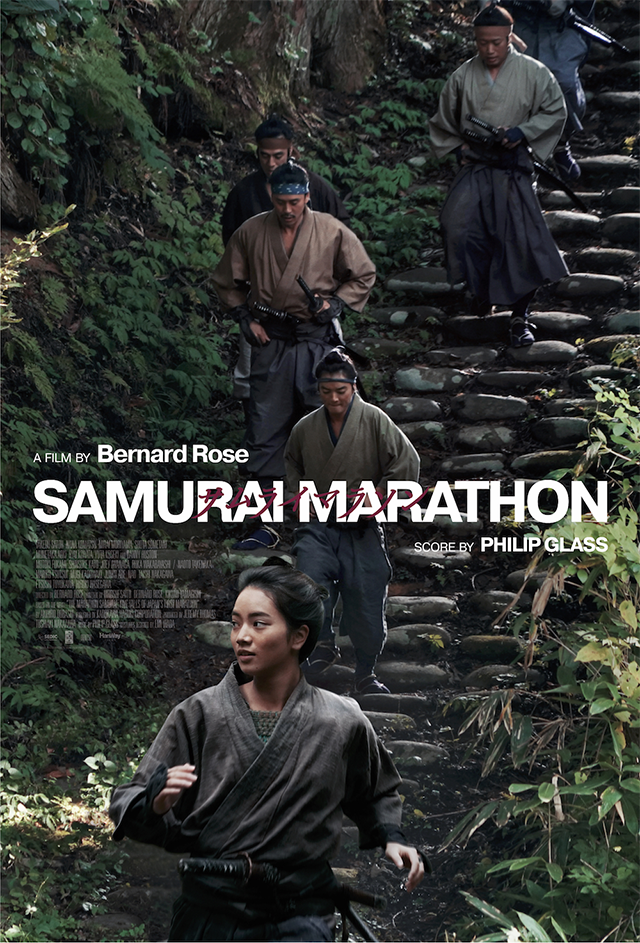
Picture credit – Furyosa
What I loved about Samurai Marathon is, from the first to the very last scene, my eyes were glued to the engulfing visual imagery. Presented through both characters and setting, there was a perfect synchronous visual blend between pre-industrial human life and nature. The movie’s continuous display of the beautiful countryside in Japan alone, created a powerful inner sense of longing to call Japan itself, home.
For overall entertainment value, the enrichment of this movie lies in both the storytelling, and the truth of the story itself – where the globally well-known “code of the Samurai” stands unique in history, flooding the veins with passion in conviction.
Not unlike King Arthur and the Knights that surrounded the roundtable, the Samurai lived with a loyal conviction so strong, protecting honor was something very much worth dying for. This is an ideology, which may not be as recognizable in modern times. Nevertheless it has withstood the test of time, even as eras of overt knighthood on display fade into the melancholic echoes of time.
This was a fantastic movie! Like any great movie, Samurai Marathon extends beyond being just a genre movie as its historical accuracy transcends into modern times, where some 166 years later, a marathon based on this historical event is still held annually in the city of Annaka, Japan.
This marathon with a history is held on the second Sunday of every May. Itakura Shoin, the Annaka feudal lord, started this as a foot race to train the minds and bodies of his warriors during the Edo period. There’s an approximately 30km ‘mountain pass course’ and a ‘barrier course’ of approximately 20km. The pass course starts and finishes at an elevation of over 1000m, making it very physically demanding. Another draw to this race is the fact that over 80% of participants dress up in costumes. In fact there are so many people wearing costumes that those not wearing them stand out. Registration usually opens in the middle of February1.
Samurai Marathon is told in Japanese with subtitles – which gives the movie that much more authenticity, as opposed to The Last Samurai which was told in English. There are so many characters in the movie to enjoy, that anyone will easily relate to the deep spirit of camaraderie this movie delivers.
As a final note, women in this movie kick butt just as much as anyone, so it’s not just a macho action movie. Samurai Marathon very much empowers and highlights the true greatness of the female spirit. I love that sense of balance here. For that reason, Inez Suarez*, the female Conquistadora & savior of the Spanish colony in Chile, comes to mind in wishing to see more movies like Samurai Marathon being made.
If you love movies that intertwine true history, romance, and honor – you will enjoy watching the movie Samurai Marathon! I highly recommend it! Hai!
P.S. – As an added feature, the movie also teaches the proper way to run 🙂 Namba Aruki!
References:
1: (https://www.timeout.com/tokyo/things-to-do/gunma-ansei-tooashi-samurai-marathon)
*Ines Del Alma Mia (Ines of my Soul), a historical romance novel about Inez Suarez, written by Isabel Allende, is featured in W.O.C.’s book review section.
You May Also Like
Contact us today!
Subscribe to our Newsletter!
Now you can get the top stories from West Of Crazy delivered to your inbox.
By subscribing you agree to our Terms of Service and Privacy Policy.
